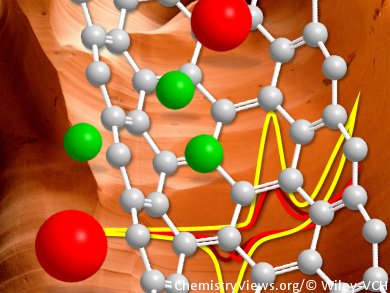Carbon nanotubes (CNTs) are widely used in the production of many consumer products, such as sporting equipment, biomedical and sensing devices, and construction materials. Metal nanoparticles that are used in the synthesis of CNTs are almost impossible to remove completely, and are considered to be a cause of their potential toxicity.
Ultrasonication is often used to purify CNTs or to mix them with other components for processing into composites. Martin Pumera and colleagues, Nanyang Technological University, Singapore, have investigated the influence of ultrasonication on CNTs and found that even times as short as 5 minutes can increase the bioavailability of metallic impurities, allowing them to interact more actively with biologically important molecules. This was shown by the altered redox behavior of the important biological peptide, L-glutathione.
These findings will have a profound impact on the processing of CNTs as well as on nanotoxicity studies.
- Bioavailability of Metallic Impurities in Carbon Nanotubes is Greatly Enhanced by Ultrasonication,
Rou Jun Toh, Adriano Ambrosi, Martin Pumera,
Chem. Eur. J. 2012.
DOI: 10.1002/chem.201201955



